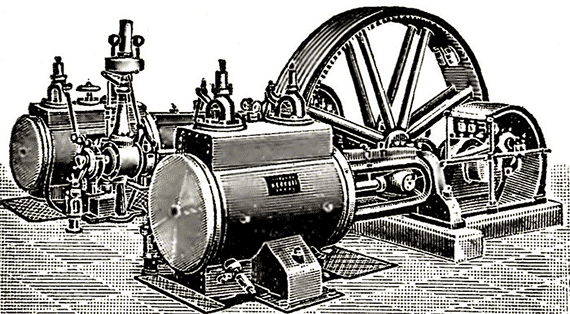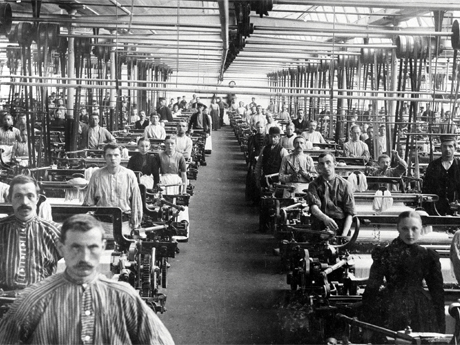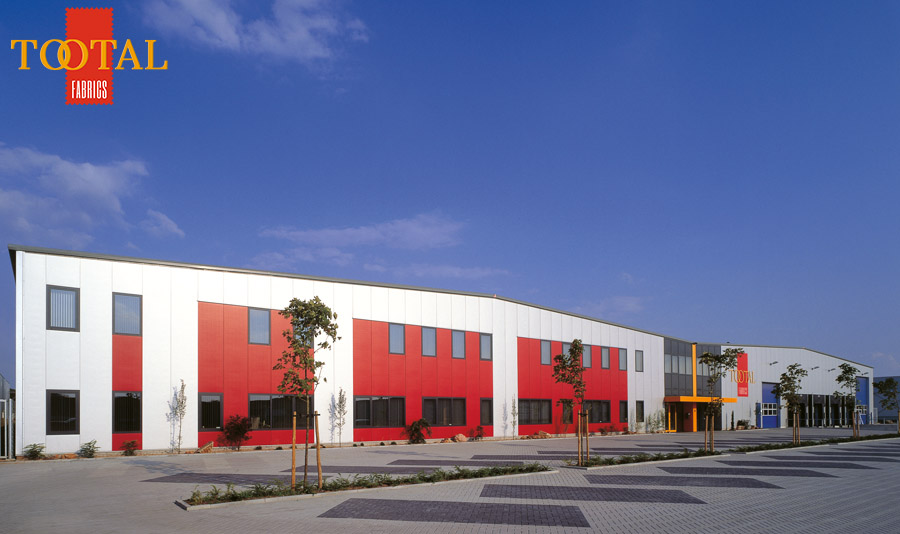-
Fabrics & Design
-
Supply & Sampling
-
Webshop
-
About Tootal
Did you know that Tootal Fabrics (Holland) B.V. is located in Enschede, the city of textiles? The fact that our company is located in Enschede is not entirely coincidental. Beneath you read all ins and outs about this city.
Historically, Enschede has been a city of textiles. Enschede was originally an agricultural settlement, but working on the land certainly did not make the farmers rich. They started to weave linen to create additional income, the fabrics were sold to itinerant peddlers who sold it for large amounts of money in the west of the Netherlands.
As a result of their success, some of the peddlers decided to establish themselves as manufacturers in Enschede and its surroundings, an area better known as Twente, and had the farmers weave for them. The yarns were delivered to the homes of the farmers and were woven into fabrics in small weaving rooms at their home. In the early 18th century no less than 40% of the workforce in Twente was employed in the textile industry.

The textile industry flourished, especially when Napoleon ensured that textiles from England could no longer reach mainland Europe. When Belgium, which also had a thriving textile industry, separated from the Netherlands, the Dutch government decided to give the industry in Twente a significant boost. The first steam engine arrived in Twente (1830). That was a first step towards the industrialisation of the home industry. Factories were opened, steam engines and bleaching facilities were set up and textile schools were established. Moreover, around 1860 Enschede was connected to the railway network.
When in 1862 a devastating fire in the centre of Enschede destroyed most of the factories, churches and schools, the opportunity arose for the industry to spread its wings. New factories were constructed and urban farms were replaced with stately mansions. The textile barons built residential areas for their workers and had parks designed for the population. In addition, hospitals, museums and other institutions were built and established.

As the factories grew, the relationship between the workers and textile barons cooled. Wages were low, working hours long and the living and working conditions were poor. Towards the end of the 19th century this resulted in many strikes. The situation did not improve during the First World War and during the Great Depression in the 1930s. Somewhat later, the 2nd World War left many factories seriously damaged.
Despite the fact that the textile barons enthusiastically started rebuilding the city and their factories, they failed to modernise. By now, the textile industry had become a global industry and there was overproduction. Because of this surplus production and increased labour costs in the Netherlands, the Enschede factories could no longer compete with low-wage countries. One by one the large factories of yesteryear closed their doors in the 1950s and 60s and employment in the textile industry decreased.

Despite the fact that textile manufacturing has largely left Enschede, the knowledge relating to textiles has not disappeared. The (only) Technical Textile College of the Netherlands is located in Enschede and many companies in Twente continue to be successful in textiles, either through trading, design or production of textiles in niche markets.
So, the fact that Tootal Fabrics (Holland) B.V. is located in Enschede is not entirely coincidental. Our company is a classic example of a textile company that has put itself on the map through innovation, by finding the right formula. For more than 40 years, Tootal Fabrics (Holland) B.V. has been successfully trading in textiles and hopes to continue to do so for decades to come.
For more information or questions concerning our fabrics please feel free to contact us via [email protected] or by phone +31 (0)53 428 6200.